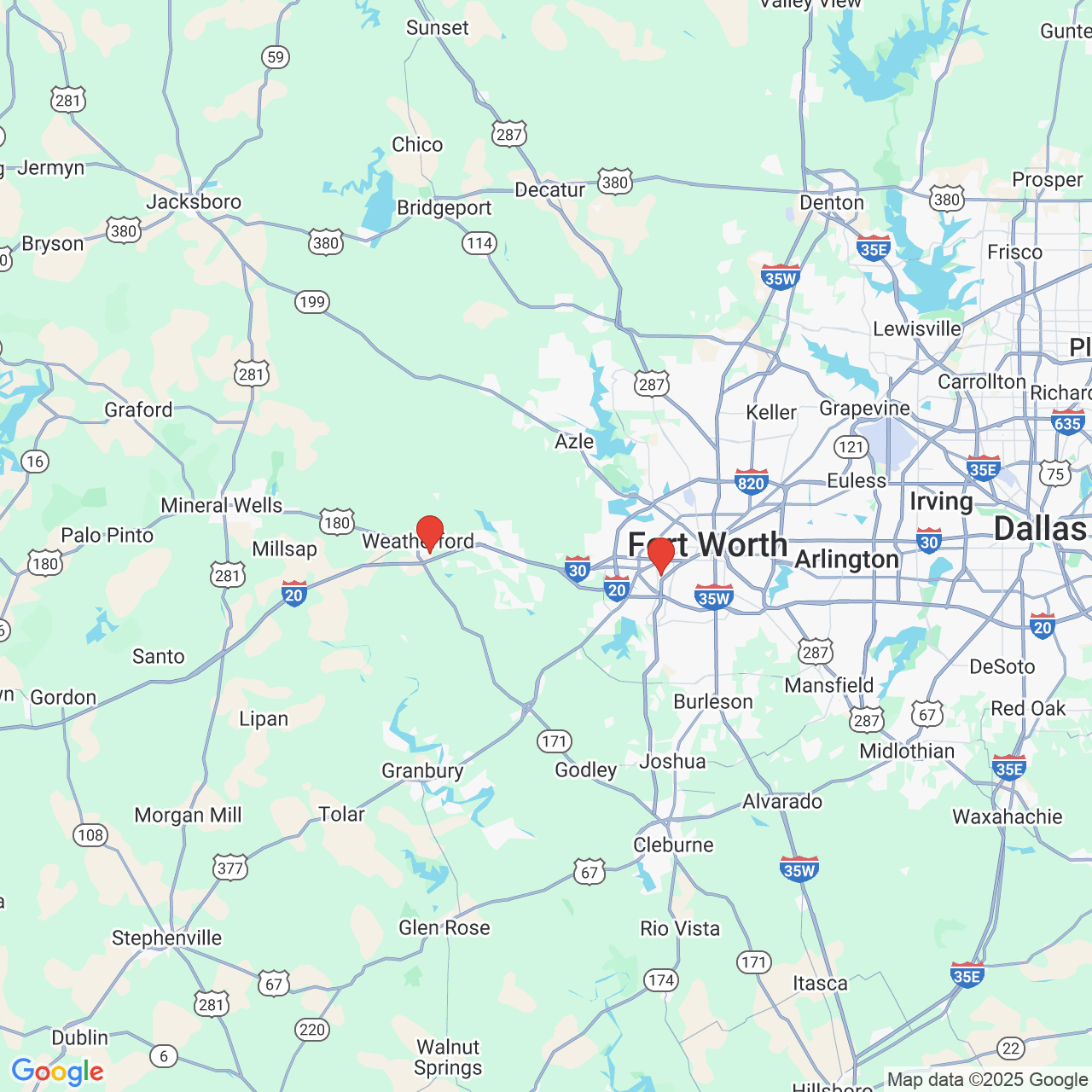Advice from a Certified Hand Therapist: What is Carpal Tunnel Syndrome

Carpal tunnel syndrome is a condition of the upper extremity that is known as the most common nerve compression to occur in the body. It affects approximately 3% of the population and can cause many debilitating symptoms that affect a person’s daily life. In fact, because of its commonality and significance of symptoms, carpal tunnel syndrome is one of the most common causes of work time lost in the U.S., making this an important diagnosis to understand and be aware of. In an effort to build better awareness of this diagnosis, here are some commonly addressed questions regarding carpal tunnel syndrome:
Q: What is the carpal tunnel?
A: The carpal tunnel is an anatomical space that is found where your wrist transitions to your hand. It is formed by several of the carpals, or small bones of the wrist, and a ligament that creates the ‘roof’ of the tunnel.
Q: What’s inside the carpal tunnel?
A: Within this tunnel there are several tendons that move your fingers and thumb. Also found in the tunnel is the median nerve. This nerve is important to both sensation and function of some muscles in the hand.
Q: What is carpal tunnel syndrome?
A: Carpal tunnel syndrome is compression of the median nerve within the anatomical space of the carpal tunnel which causes symptoms.
Q: What causes this compression of the nerve to happen?
A: Compression of the median nerve at the carpal tunnel is likely to happen when there is increased pressure on or within the tunnel. This can occur with swelling around or in the wrist, with prolonged time spent with the wrist in a bent position, or prolonged positions of pressure or weight directly on the wrist. For example, if you sleep with your wrist and hand in a bent position, this can compress the nerve, causing symptoms to occur while you sleep. Activities performed in weight bearing such as push ups or yoga, may also cause compression. Additionally, repetitive tasks such as forceful gripping and bending your wrist may produce symptoms.
Q: What are the symptoms of carpal tunnel syndrome?
A: When compression of the nerve happens, the symptoms you experience are numbness, tingling, and weakness or pain in the thumb, index, and middle fingers of your hand. These symptoms are often worse at night or after repetitive activities. Additionally, you may experience clumsiness or loss of fine motor coordination in the hand and may frequently drop items.
Q: Are certain people at greater risk of developing carpal tunnel syndrome?
A: There are several factors that may put you at a higher risk for developing carpal tunnel syndrome. For example, arthritis, pregnancy, thyroid disease, obesity, and diabetes may cause more swelling within the tunnel, increasing pressure on the nerve and causing symptoms to occur. People who suffer from a fracture of their wrist may also be at a greater risk of developing symptoms due to trauma and swelling in and around the tunnel. Some people may just have a smaller space within the tunnel, also putting them at risk of experiencing carpal tunnel syndrome. Statistically, this diagnosis is more common in females. Those who perform repetitive tasks or use tools or equipment with strong vibration may also be at greater risk.
Q: What do I do to prevent myself from getting carpal tunnel syndrome?
A: To assist in limiting your risk of developing carpal tunnel syndrome, it is best to avoid keeping your wrist in a bent position for a long length of time, avoid prolonged positions of weight bearing on the wrist or hand, and take breaks when doing repetitive tasks such as using the computer or heavy gripping. If your job requires the use of tools or equipment with heavy vibration, it is advised to wear protective gear such as anti-vibration gloves.
Q: How is carpal tunnel syndrome treated?
A: Often, this diagnosis can be treated through conservative options with a hand therapist. Treatment can include the use of an orthosis to support your wrist in a neutral position, activity modification to avoid repetitive motions that can aggravate your symptoms, and other treatments such as nerve or tendon gliding. You may also benefit from seeing a doctor or hand surgeon as they may order important diagnostic tests to help confirm the cause of your symptoms and to best determine a treatment course.
In general, carpal tunnel syndrome is a well known and commonly treated disorder of the upper extremity. It can produce debilitating symptoms but can often be managed through conservative measures. A hand therapist and/or hand surgeon can help you determine the best methods of treatment for your particular case.
Steph Clement Pogonowski, MS, OTR/L, CHT is a Certified Hand Therapist and a member of the American Society of Hand Therapists.




